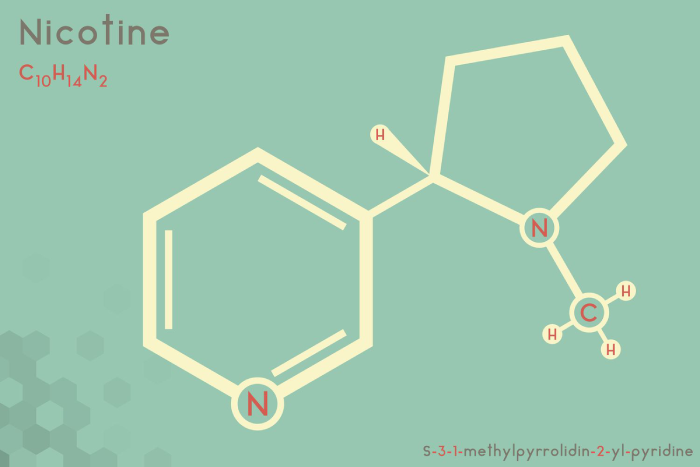Exploring the Cognitive Benefits of Fortified Sunflower Oil
The global rise in cognitive disorders, such as Alzheimer’s disease, has become a pressing public health concern, with over 50 million individuals currently affected. Existing interventions often fall short in addressing the complexity of these conditions, prompting researchers to explore alternative strategies. A recent study investigated the potential of sunflower oil fortified with sunflower lecithin, vitamin D, and vitamin A to mitigate scopolamine-induced cognitive dysfunction in mice. This research not only highlights the cognitive-enhancing effects of these functional ingredients but also delves into the molecular mechanisms underlying their efficacy.
Study Design and Methodology
The study employed a comprehensive approach to evaluate the cognitive benefits of the fortified sunflower oil. Mice with induced cognitive impairments were divided into groups and treated with sunflower lecithin, vitamin D, vitamin A, or a combination of these ingredients. Behavioral tests, including open field and novel object recognition tasks, were conducted to assess exploratory behavior, working memory, and spatial memory. Biochemical assays measured inflammatory markers, oxidative stress levels, and antioxidant activity, while transcriptomic analysis explored changes in gene expression related to key signaling pathways.
Key Findings
1. Behavioral Improvements:
– Mice treated with sunflower lecithin and vitamin D exhibited significant enhancements in exploratory behavior and memory. In the open field test, the vitamin D group showed a 1.6-fold increase in activity, while the novel object recognition test revealed a 4.5-fold improvement in spatial memory.
– The addition of vitamin A further amplified these effects, suggesting a synergistic relationship among the functional ingredients.
2. Biochemical Changes:
– The treatment groups demonstrated reduced levels of inflammatory markers, including IL-6, and decreased oxidative stress, as indicated by lower malondialdehyde (MDA) levels.
– Antioxidant activity, measured by glutathione (GSH) levels, was significantly increased, highlighting the potential of these ingredients to combat oxidative damage.
3. Molecular Mechanisms:
– Transcriptomic analysis revealed upregulation of genes involved in the PI3K-AKT signaling pathway, cholinergic pathway, and folate biosynthesis pathway. These pathways are critical for neuronal survival, synaptic plasticity, and cognitive function.
– The findings suggest that the fortified sunflower oil enhances learning and memory by modulating these key molecular pathways.
Implications for Nutritional Fortification
The study provides a strong theoretical foundation for the development of nutritionally fortified edible oils. By incorporating sunflower lecithin, vitamin D, and vitamin A, such products could offer a practical and accessible means of supporting cognitive health. The combination of these ingredients not only addresses multiple aspects of cognitive dysfunction—such as inflammation, oxidative stress, and neurotransmitter regulation—but also demonstrates a synergistic effect that enhances overall efficacy.
Commentary by SuppBase Columnist Alice Winters

This study represents a significant step forward in the field of nutritional neuroscience, offering compelling evidence for the cognitive benefits of fortified sunflower oil. The inclusion of sunflower lecithin, vitamin D, and vitamin A addresses multiple pathways implicated in cognitive decline, making it a promising intervention for individuals at risk of or already experiencing cognitive disorders.
However, while the results are encouraging, several considerations must be addressed before these findings can be translated into practical applications. First, the study was conducted on mice, and further research is needed to confirm these effects in humans. Second, the optimal dosage and formulation of these ingredients remain to be determined, as excessive intake of fat-soluble vitamins like A and D can lead to toxicity.
From a market perspective, the development of fortified sunflower oil aligns with growing consumer demand for functional foods that support brain health. The inclusion of natural, well-researched ingredients enhances the product’s appeal, particularly among health-conscious consumers. However, brands must ensure transparency in labeling and provide clear information about the benefits and potential risks associated with these ingredients.
In conclusion, this study underscores the potential of fortified sunflower oil as a novel approach to cognitive health. By combining rigorous scientific research with consumer-friendly applications, this innovation could pave the way for a new generation of functional foods designed to support brain health and overall well-being.



